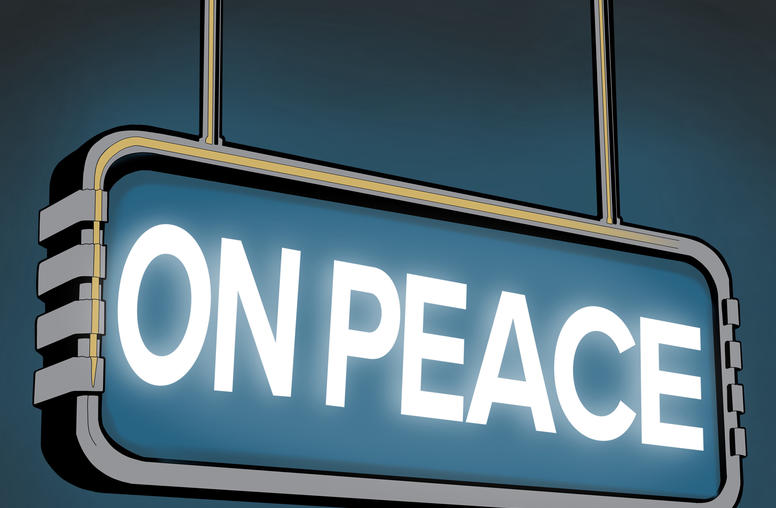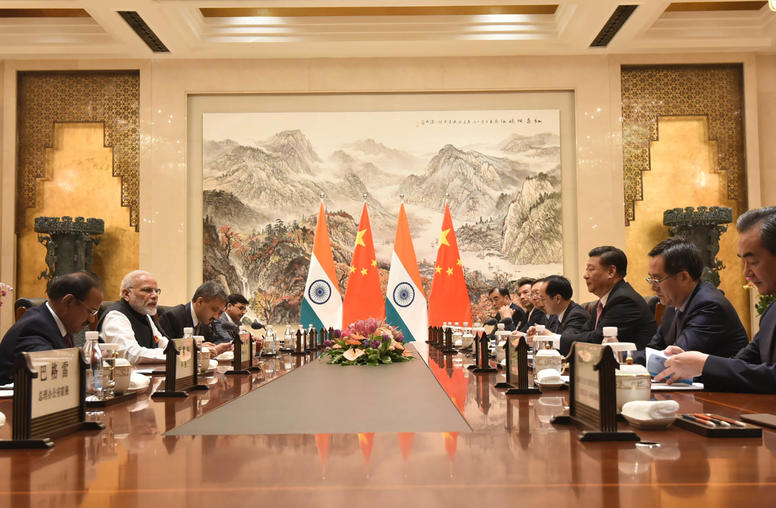Andrew Scobell, Ph.D.
Contact
Please submit all media inquiries to interviews@usip.org or call 202.429.3869.
For all other inquiries, please call 202.457.1700
Dr. Andrew Scobell is a distinguished fellow with the China program at the U.S. Institute of Peace. He focuses on U.S.-China relations, China’s armed forces and defense policy and China’s foreign relations with countries and regions around the world — with a particular emphasis on the Korean Peninsula, Taiwan, Hong Kong, Southeast Asia, South Asia, Central Asia, Africa and the Middle East.
He previously spent more than 10 years as a senior political scientist at the RAND Corporation, where his research and publications focused on China and the Indo-Pacific. Prior to RAND, Scobell was an associate professor at the George H. W. Bush School of Government and Public Service and founding director of the China Certificate Program at Texas A&M University. From 1999 to 2007 he served as associate research professor in the Strategic Studies Institute at the U.S. Army War College. He is also an adjunct professor at Georgetown University’s Edmund A. Walsh School of Foreign Service.
Dr. Scobell’s research interests include authoritarianism, communism and post-communism, civil-military relations, patterns and processes of cooperation and conflict, the use of armed force, crisis management, coercive diplomacy, deterrence, grand strategy and military strategy. He has authored or co-authored two books, 30 reports and more than 40 journal articles. He has also edited or co-edited 20 volumes.
Dr. Scobell earned a doctorate from Columbia University, a master’s from the University of Washington’s Henry M. Jackson School of International Studies and a bachelor’s from Whitman College. His awards include the Donald Bren Chair in Non-Western Strategic Thought at Marine Corps University, the Silver Star Award at Texas A&M University, the John Madigan Award at the U.S. Army War College, the Victor Olorunsola Award at the University of Louisville. He has also been a foreign language and area studies fellow at Columbia University and a foreign affairs and national defense fellow at the Congressional Research Service. Dr. Scobell was born and raised in Hong Kong.




